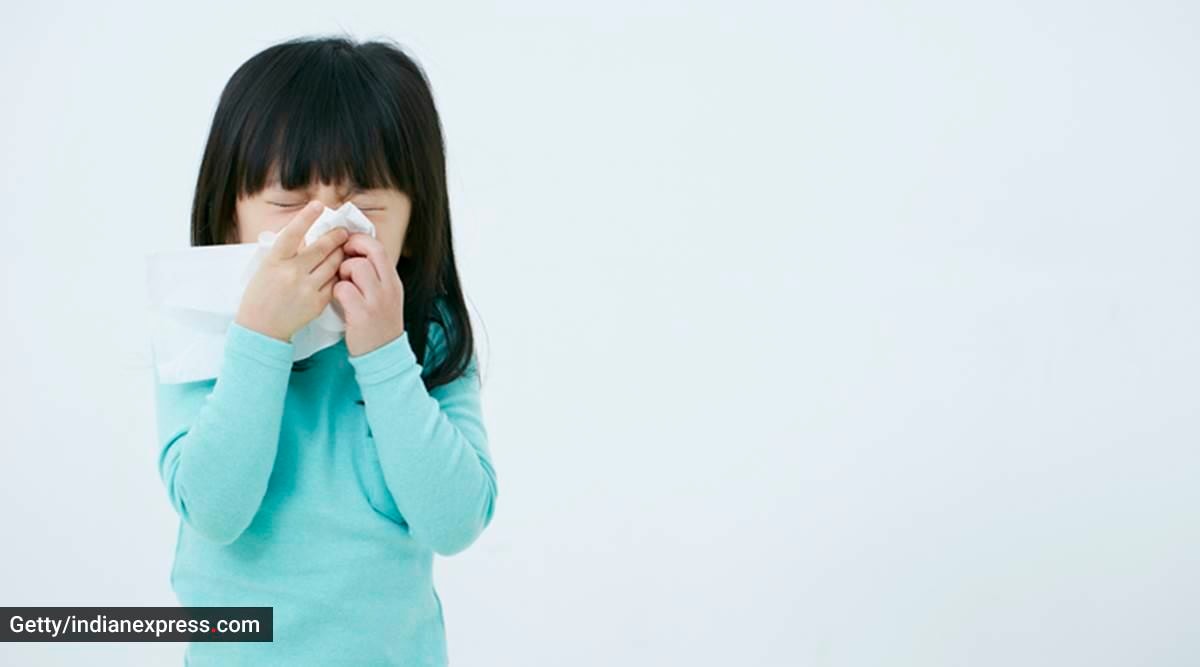Parents should encourage frequent washing of hands and sanitising, before touching eyes, nose, and mouth, a doctor suggests.

The second wave of the Covid-19 infection has left people anxious, and with a third wave approaching, many are looking for ways to stay safe and ensure safety for their loved ones, too.
If you are a parent, you must have heard that the third wave may potentially affect children more. While doctors have discussed this and even suggested ways with which kids can be kept safe, parents still worry. The reason is that the virus is mutating in such a way that it is weakening the immune system causing added infections and risks of Black, White, and Yellow fungus.
Dr Jesal Sheth, senior consultant-paediatrician at Fortis Hospital, Mulund says ‘mucormycosis’, or ‘black fungus’, is a rare kind of fungal infection which has been recently seen in severe Covid patients. “The disease is often characterised by hyphae growing in and around blood vessels and can be potentially life-threatening in diabetic or severely immunocompromised individuals.”
The doctor explains that as compared to adults, children are less likely to have diabetes or an immunocompromised immunity, which is why they are less prone to any form of fungal infection. “Recent reports, however, have suggested rare cases of mucormycosis in children.”
Symptoms that you should not ignore
If in case your kid has developed black fungus infection, it is important you pay attention to the symptoms, to prevent the complications:
– Headaches and swelling in the forehead
– Swelling on one side of the face
– Black crusts around the nose
– Blurred vision or vision loss
– Respiratory complications such as chest pain, cough, shortness of breath
How to protect kids?
Dr Sheth says parents should encourage “frequent washing of hands and sanitising, before touching eyes, nose, and mouth”.
“Encourage them to stay indoors and avoid having visitors at home. It is important you do not send kids out to play. Rather engage them in indoor games. Use this time to engage them in reading books, helping with household chores, gardening, and spending time with family members. Make sure your child wears a mask whenever they have company,” the doctor suggests.
Treatment
If your child is diagnosed with mucormycosis, the treatment involves antifungal medicines along with surgery, based on the clinical condition. Do not ignore symptoms and consult your doctor when in doubt. Timely action is of paramount importance, Dr Sheth concludes.
For all the latest Parenting News, download Indian Express App.
Source: Read Full Article
